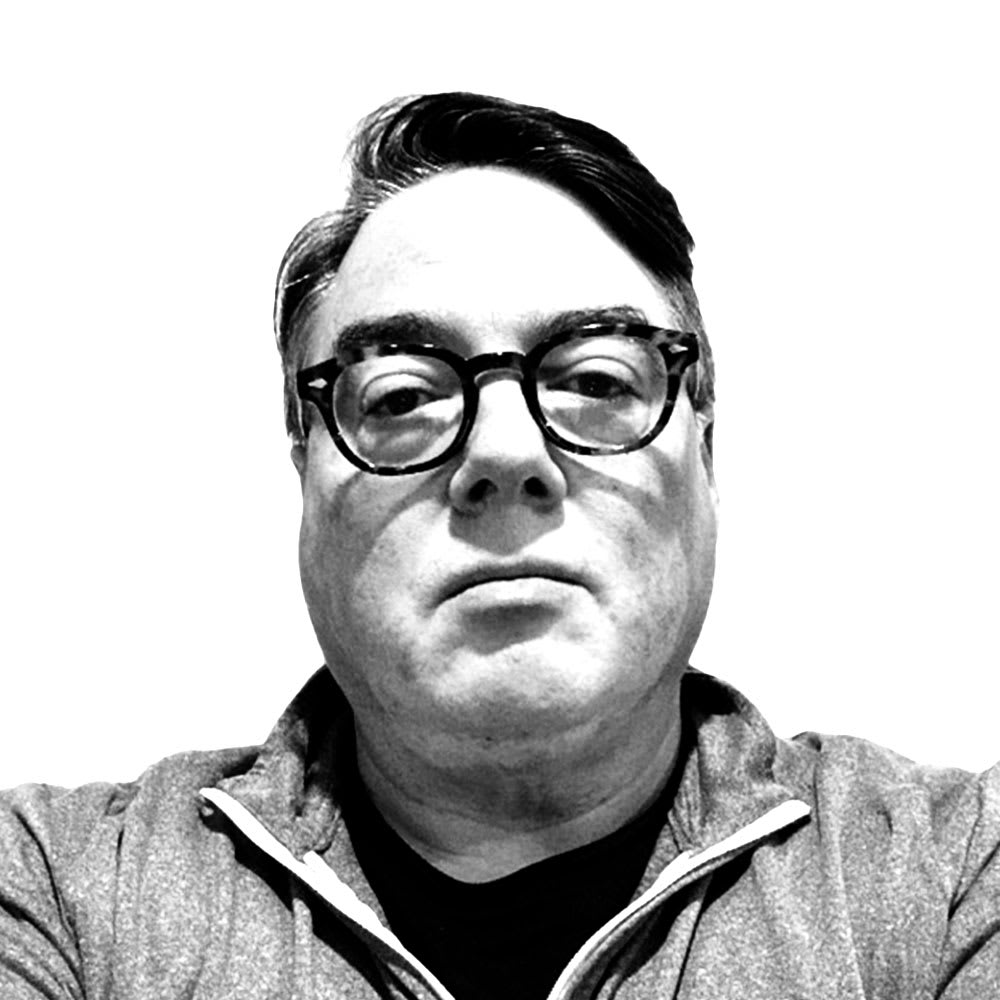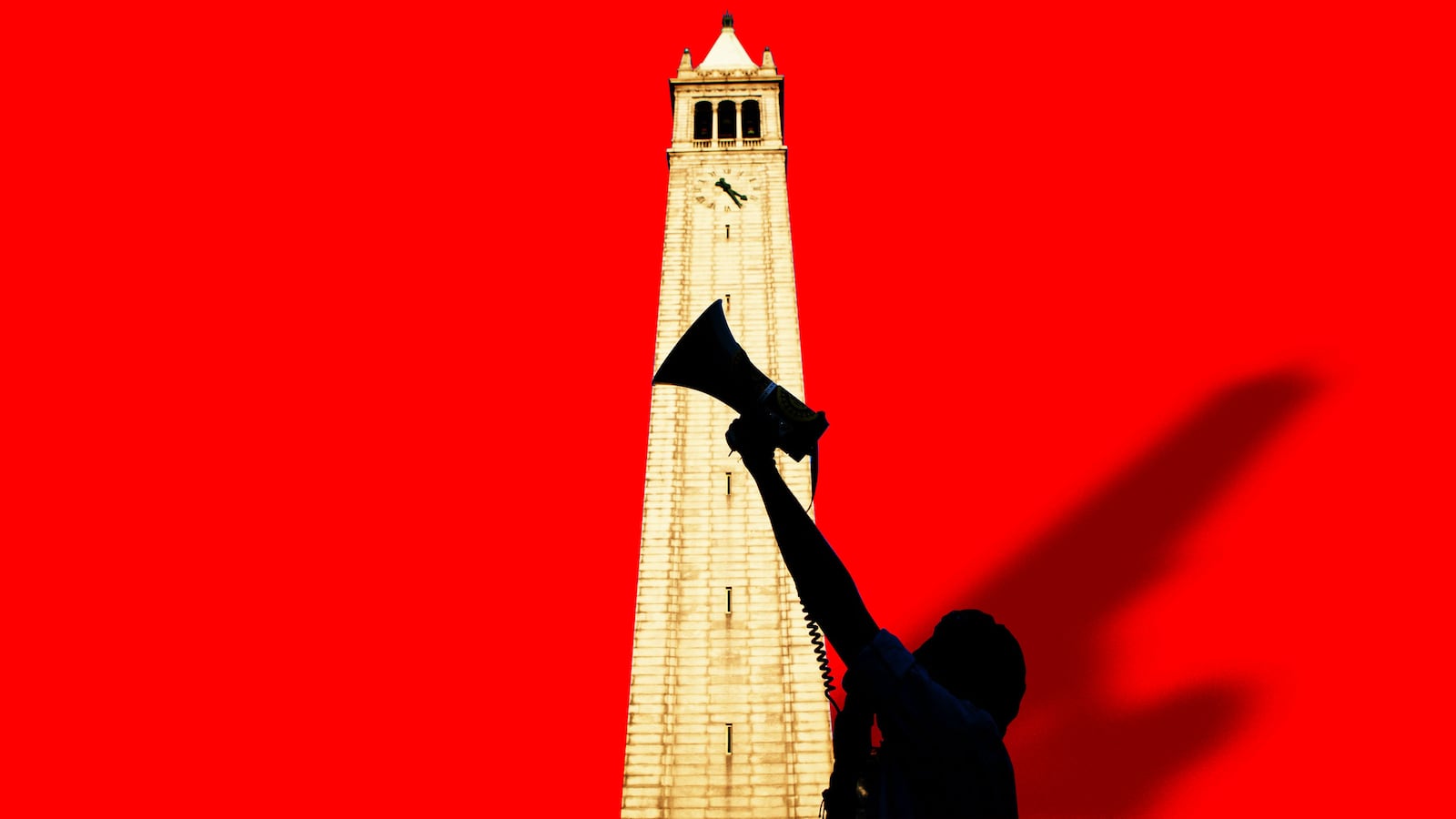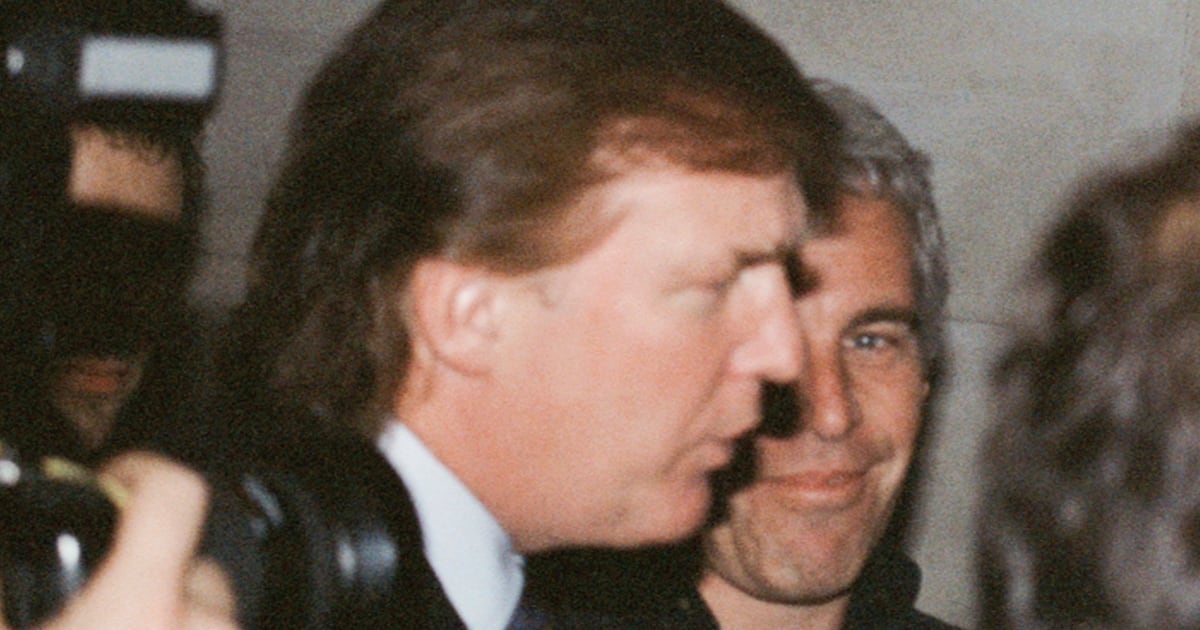As colleges and universities are settling into the rhythm of a new academic year, many administrators feel a fresh sense of unease after a series of dramatic and high-profile campus speakers, with resulting protests heightening campus tensions over issues of race, immigration and free speech.
Of all the many issues facing colleges and universities, free speech seems to be the most central. It is also the most misunderstood by the public because on campus the issue is mixed with that of academic freedom, the notion that freedom of inquiry is critical to the academy. Unlike in the 1960s, the last big free-speech moment, it’s the right now pushing the envelope, with leading alt-right speakers including Richard Spencer and Milo Yiannopoulos on what seem to be constant campus tours, accompanied by massive counter demonstrations and security costs. The idea seems to be to provoke the academy, daring it to shut down these events and thus make their point about the illiberalism of liberal campuses.
This new free-speech debate in this latest round of the culture wars threatens the very mission of higher education at a time when public confidence is in decline, and increasingly split along partisan lines. The ivory tower was a stronger, better fortified and more widely respected institution in the 1960s, when the challenges to it came mostly from the left. Then the goal seemed to open up the curriculum and most protests came from students trying to expand their educational opportunities. Now, they’re coming from the right and outside universities, and at the same time that institutions of higher education are trying to restore public confidence in our mission.
The alt-right, I believe, senses this vulnerability. At a time when funding for public higher education is uncertain, the University of California at Berkeley reportedly spent $800,000 for security at one recent event. It is as if the academy is a boxer that’s spent several rounds being hammered by body blows, and is now exhausted from reacting and blocking just to prove we can host these events (and pay for them out of shrinking budgets). Rather than find strategic stances and actions that create an educational moment, we are simply trying to block and survive the onslaught.
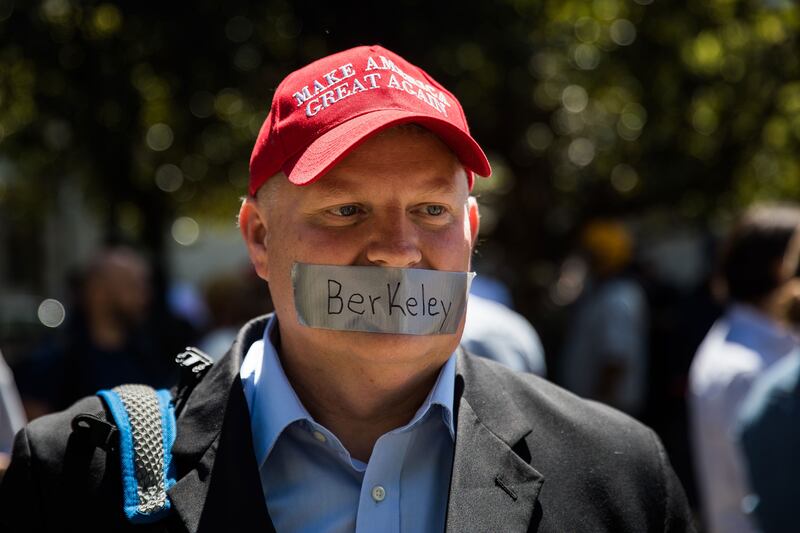
A Pro-Donald Trump group holds a rally at Martin Luther King Jr. Civic Center Park in Berkeley, California on April 27, 2017. The rally was held in protest of the cancellation of a planned talk by Ann Coulter on the campus of the University of California Berkeley, amid security concerns.
Philip Pacheco/Anadolu Agency/GettySome of the blame goes to a higher-ed system that’s become increasingly passive, disconnected and reactive after decades in a culture that ridicules the higher arts, and as more and more Americans question the value of higher education and instead seek out career-ready vocational education, dismissing the life-changing experience of the liberal arts. In state after state, public higher education budgets have been slashed as legislatures and governors have pushed community colleges to provide more job training. Let me be clear, there is nothing wrong with education that leads to a meaningful job. That is everyone’s goal.
What seems to have changed is the ability of higher education to even engage in the debate as professors have increasingly been singled out and publicly shamed for where their research leads them. All of this has frightened higher education, cowered us really. So, now with what seems like an orchestrated effort from the alt-right, we’ve been caught flat-footed. We have lost the ability to operate on the public stage and have lost our sense that we serve two missions—the education of our students and the greater public good.
It’s this sense of the public good that we need to reclaim.
Universities and intellectuals used to be respected; they mattered and were plugged into the world. Many in higher education are surprised by the lack of respect we get, but it is clear this has been going on for decades. The causes are many and complicated. The economic decline of the middle class, the widening income gap between rich and poor and the disappearance of economic stability have combined with an increased lack of trust for anything establishment, includes institutions, intellectuals or experts. There is a growing percentage of the American population that doesn’t see college as the ticket to the good life that it once was; they see an increasingly myopic higher education culture that seems more interested in impressing itself than engagement with the large public and the world’s social urgencies.
We find ourselves at an important moment not just for higher education, but for our nation. As a nation we have careened down a dark road of increasing incivility and in our post-modernity become a post-fact world. We have embraced the notion that everything is open for interpretation—and each person is entitled to his or her own set of facts. If we continue down this road, it will lead to continued darkness. Higher education has a responsibility to lead.
Our founding fathers recognized that America does not have a unifying ethnic identity or religion. We have our values and a shared culture: an American identity that is always formed and reformed. At the nation’s creation, there was an earlier debate about the creation of a national university that would continue and instill this culture. Jefferson founded the University of Virginia with this in mind. That is why the culture wars of the 1980s were so bloodily contested and continue to resonate today – it has always been a fight over national identity. We in higher education need to step up at this difficult moment to reclaim our important public stage and space as national institutions.
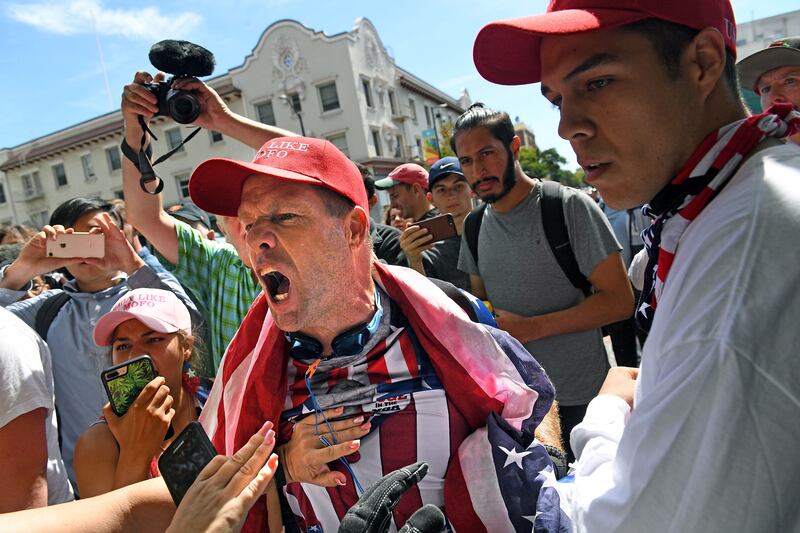
An anti-Trump supporter argues with Trump supporters after a speach from British commentator Milo Yiannopoulos in Berkley Sunday.
Wally Skalij/Los Angeles Times via GettyWe need to re-engage in civil discourse rather than shy away from it. There is now no other public space for this. What has taken our place is either entertainment or political stance. Higher education has lost its place to what author Daniel Drezner calls the “Ideas Industry”: Think Tanks, TED, and the Aspen Institute. And many faculty, recognizing the realities have jumped into the trend—just look at the roster of any of these organizations to see the point.
Colleges need to expose students to multiple and divergent views on all matter of subjects. We need to lean into civil discourse, not retreat. Therefore, colleges and universities should find a way to invite speakers who believe in the culture of civic dialogue, who are not just provocateurs or flamethrowers or indiscriminate racists. We need to focus on that and not the provocateurs.
They will always be there, but by giving them focus we give them attention. The flame throwers don’t serve an educational purpose. They are not trying to spark a dialog, only incite. We need to find a way to return to the mission of learning and to do this we need to find speakers willing to participate in our educational purpose and mission. That means more speakers, programs and events. It means more exposure, not less.
While the institutions of higher education have retreated from social engagement, faculty have not. Many have remained engaged and active, tying their research and teaching to the world. That has always been a risky place for faculty. Colleges and their faculty function at their best when they actively engage students and others in the discussion of ideas—even controversial ones. Education is not merely the transferring of skills after all. Part of the mission of higher education is to challenge students and society to think beyond the known or past our comfort zones, to get students to develop their understanding of the world and to grow intellectually. That’s our job, to create what Thomas Jefferson called “an informed citizen.”
Where students land on particular issues is secondary, as we try to foster discernment. But to function fully in the service of our students we need to operate with certain ground rules and not in an atmosphere of fear. We need to redouble our commitment to our historic mission. That means exposure to divergent ideas and positions, different disciplines, and methodologies, as well as experiences. To embrace different strands of discourse leads to deeper and more creative thinking. And deeper thinking leads to understanding, from which we can actualize our larger mission.
In an atmosphere of escalated uncertainty around issues of race, gender, immigration and other critical issues, we need to push past the simplistic slogans of limited knee-jerk positions. We need to embrace the fluidity of our academic space but do so in an intellectually honest, civil manner. We need to stand as we always have for honest, open dialog and a mission-driven curriculum. This makes academic freedom a cornerstone of higher education.
College faculty are more than teachers. They are hired because they are subject area experts and are vetted throughout their careers though a rigorous peer-review process of evaluation. Faculty create knowledge and follow truth where ever it takes them. This freedom to pursue a research agenda is what makes college education so strong. It is these faculty who design the curriculum—which is also peer-reviewed, first by the larger university faculty, then by out-side disciplinary experts and then through a rigorous university accreditation process. The public’s sense that courses exist because of a whim of a particular faculty flies in the face of university governance.
At the center of this process is the faculty member. In today’s climate, faculty feel vulnerable. Part of the reason for this unease is that many faculty have re-embraced public engagement ahead of the institutions of higher education. They have moved ahead of their institutions, with some members finding themselves alone as their institutions have retreated. We need to stand with our faculty.
We need to protect the institution of academic freedom, because without it colleges will turn into vocational training facilities rather than world-class institutions of higher learning and that will not serve the larger public good.
Richard A. Greenwald is a historian and dean. His next book, Class Dismissed: Making College Work for Everyone in a Deeply Divided America, will be published by The New Press in 2018.
